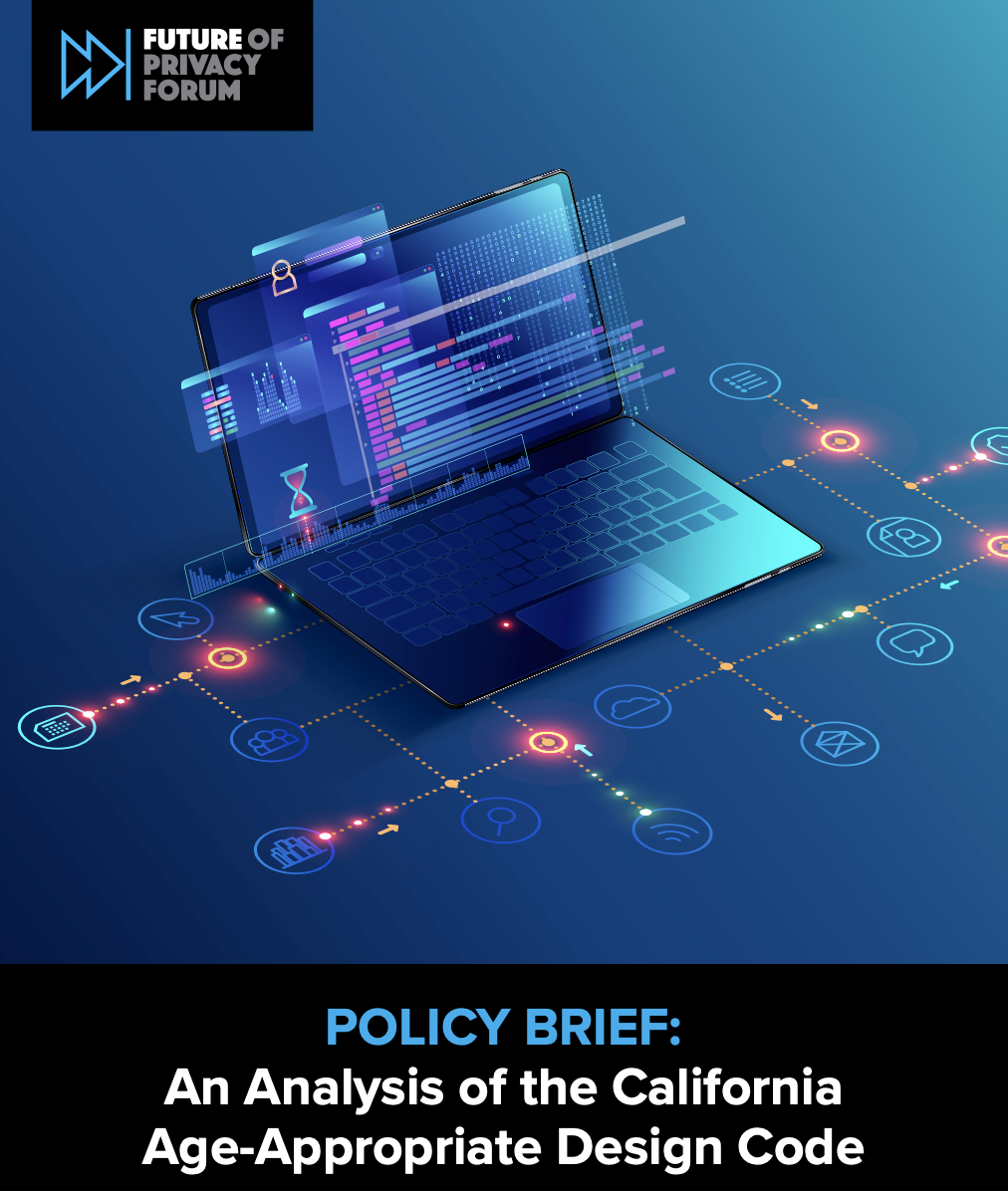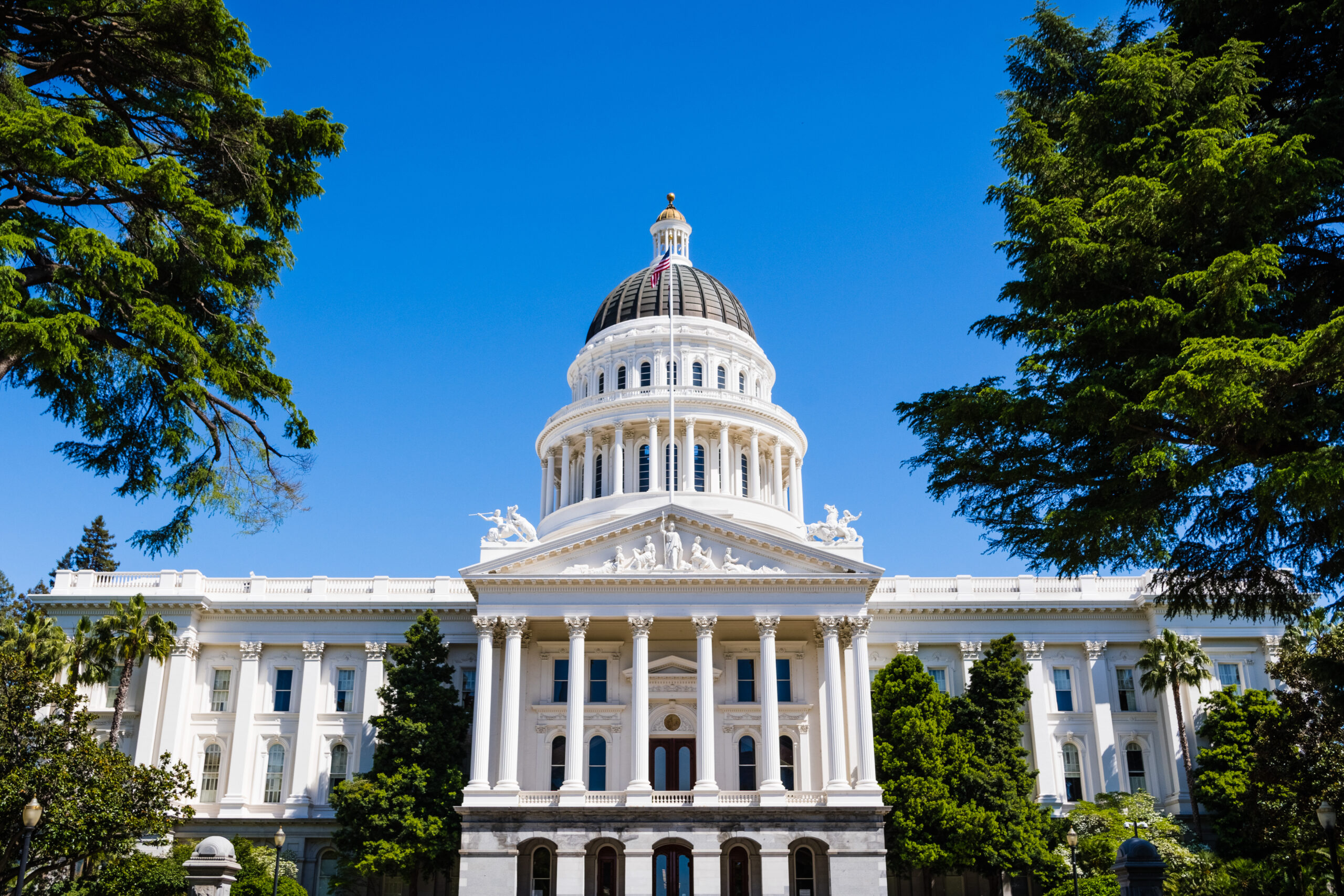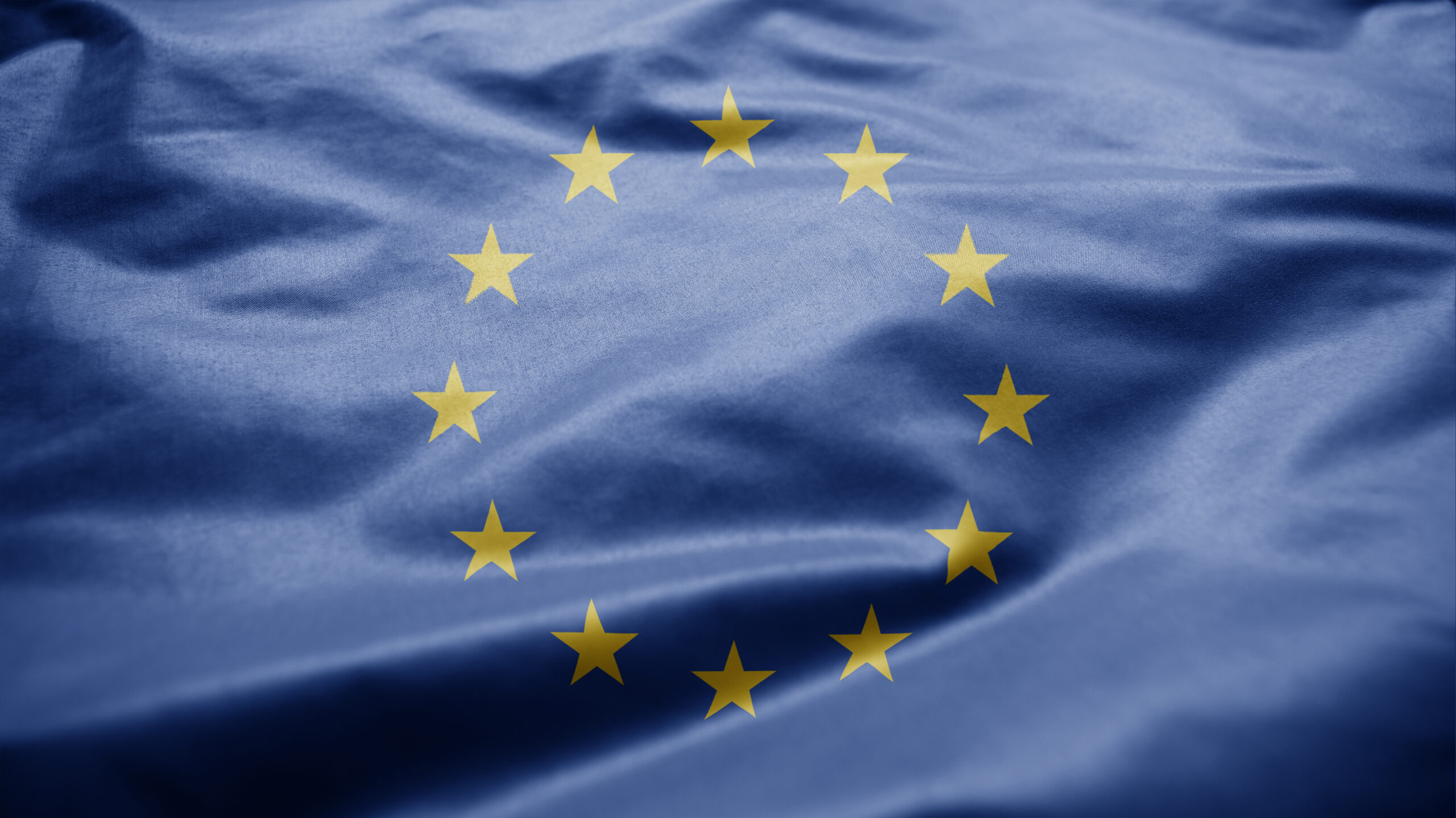
Media
Media Inquires Please contact us at [email protected] call us at (202) 643-9853 Join our Press List Locations USA Future of Privacy Forum1350 Eye Street NWSuite 350Washington, DC 20005 Europe Future of Privacy ForumAvenue Marnix 171000 Brussels, Belgium Asia Future of Privacy Forum9 Straits View #06-07Marina One West Tower018937 SingaporeRepublic of Singapore Middle East Israel Tech […]

FPF Releases Analysis of California’s New Age-Appropriate Design Code
FPF’s Youth & Education team is pleased to publish a new policy brief that builds on this first brief by providing a comparative analysis of the United Kingdom’s Age Appropriate Design Code (UK AADC) to the California AADC, which was modeled after the UK AADC. Learn more and download the UK and CA AADC Comparative policy brief here. […]

FPF Award for Research Data Stewardship
Data held by companies has the potential to unlock new scientific insights that can benefit society and expand human knowledge. When shared responsibly and using best practices with academic researchers, this data can support progress in medicine, public health, education, social science, and many other fields. The Award for Research Data Stewardship Established by the […]

Judge declares Buenos Aires’ Fugitive Facial Recognition System Unconstitutional
On September 7, a trial judge declared the implementation of the Fugitive Facial Recognition System (SRFP, for its name in Spanish) by the Government of the City of Buenos Aires unconstitutional. The decision set an important precedent for risks associated with privacy and intimacy in public spaces in the context of public surveillance for law […]

What Happened to the Risk-Based Approach to Data Transfers?
The following is a guest post to the FPF blog from Lokke Moerel, Professor of Global ICT Law at Tilburg University and a Dutch Cyber Security Council member. This blog is a summary of a longer academic paper which can be downloaded here. The guest blog reflects the opinion of the author only. Guest blog posts […]

The “Colorado Effect?” Status Check on Colorado’s Privacy Rulemaking
Colorado is set to formally enter a rulemaking process which may establish de facto interpretations for privacy protections across the United States. With the passage of the Colorado Privacy Act (CPA) in 2021, Colorado, along with Virginia, Utah, and Connecticut, became part of an emerging group of states adopting privacy laws that share a similar […]

FPF Participates in FTC Event on “Commercial Surveillance and Data Security” Proposed Rulemaking
Yesterday, FPF Senior Director for U.S. Policy Stacey Gray participated in a panel discussion hosted by the Federal Trade Commission (“FTC”) regarding its Advance Notice of Proposed Rulemaking (“ANPR”) on “Commercial Surveillance and Data Security” (comments start at 1:39:00). Feedback from the public forum is intended to help inform the Commission’s decision whether to proceed […]

Age-Appropriate Design Code Passes California Legislature
Update: On Sep 15, 2022, California Governor Gavin Newsom signed AB 2273, the California Age-Appropriate Design Code Act. The law will apply to businesses that provide online services, products, or features likely to be accessed by children and broadly requires businesses to implement their strongest privacy settings by default for young users up to the age of […]

ETSI’s consumer IoT cybersecurity ‘conformance assessments’: parallels with the AI Act
In early September 2021, the European Telecommunications Standards Institute (ETSI) published its European Standard to lay down baseline cybersecurity requirements for Internet of Things (IoT) consumer products (ETSI EN 303 645 V2.1.1). The Standard is a recommendation to manufacturers to develop IoT devices securely from the outset. It also provides an internationally recognized benchmark – […]

Introduction to the Conformity Assessment under the draft EU AI Act, and how it compares to DPIAs
The proposed Regulation on Artificial Intelligence (‘proposed AIA’ or ‘the Proposal’) put forward by the European Commission is the first initiative towards a comprehensive legal framework on AI in the world. It aims to set rules on specific AI applications in certain contexts and does not intend to regulate AI technology in general. The proposed […]
